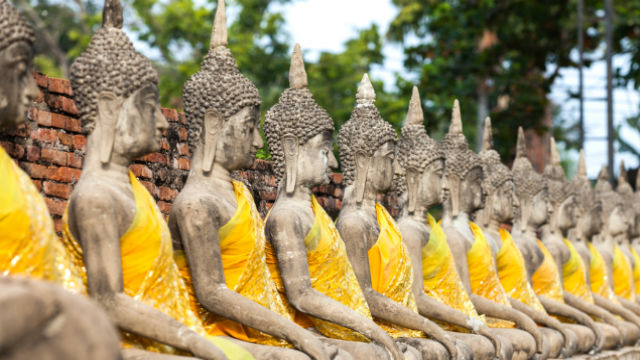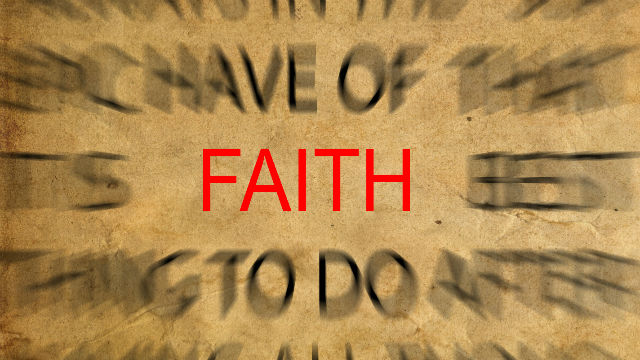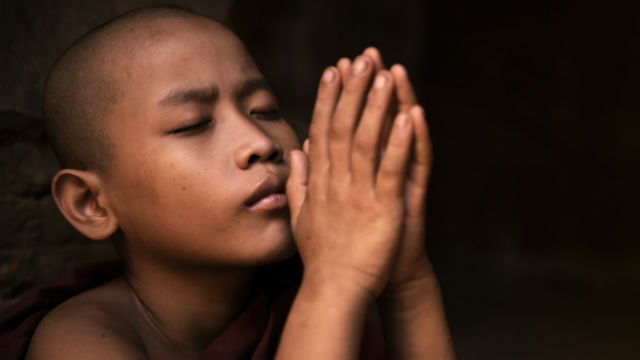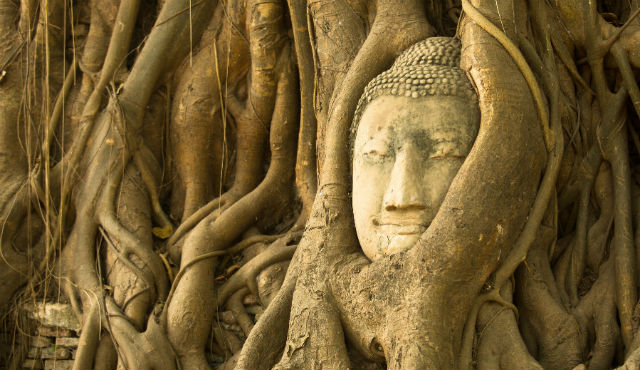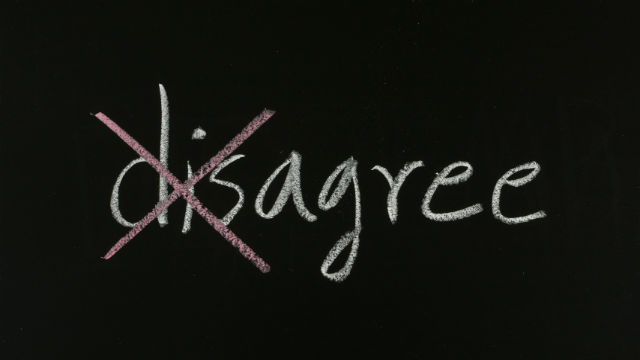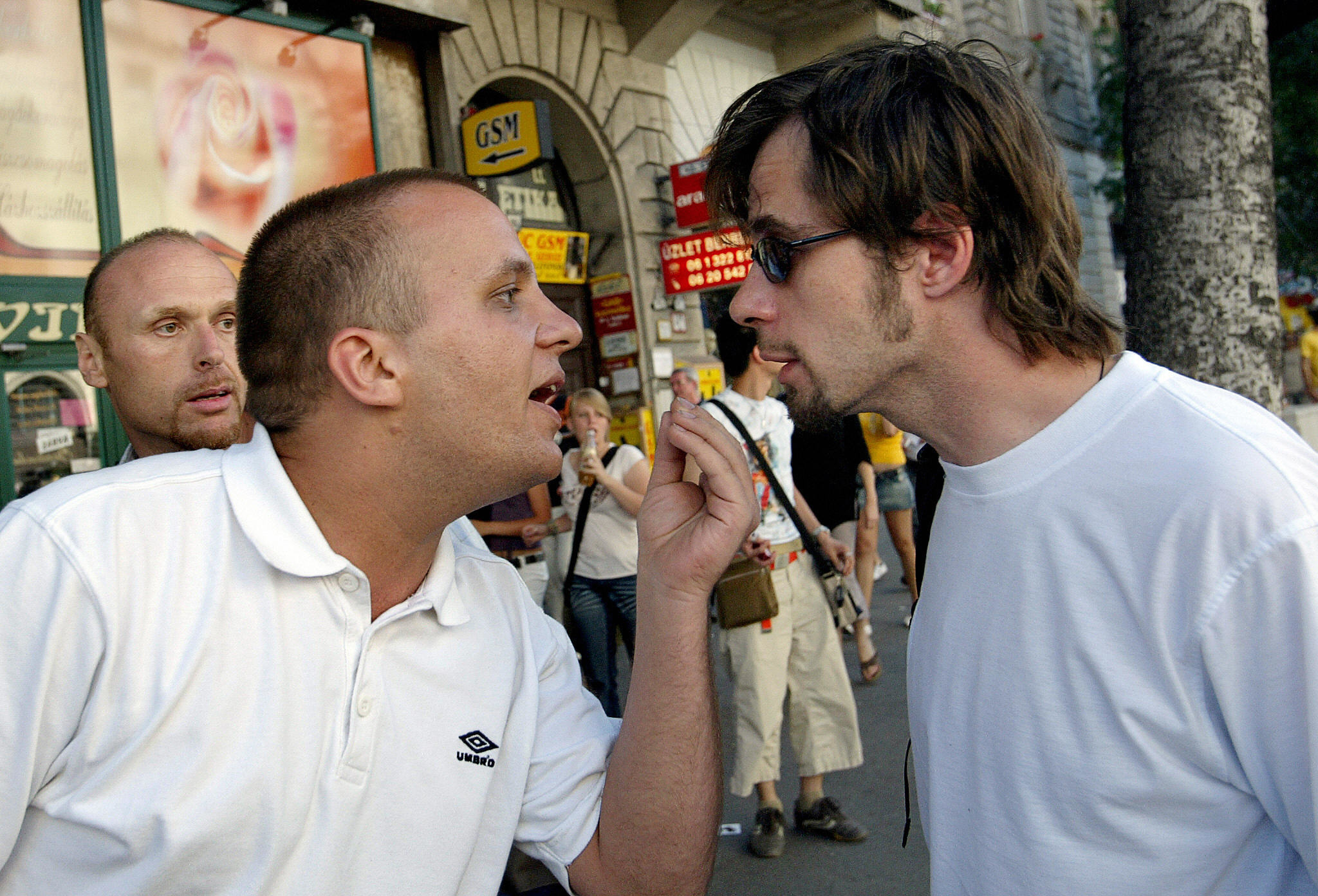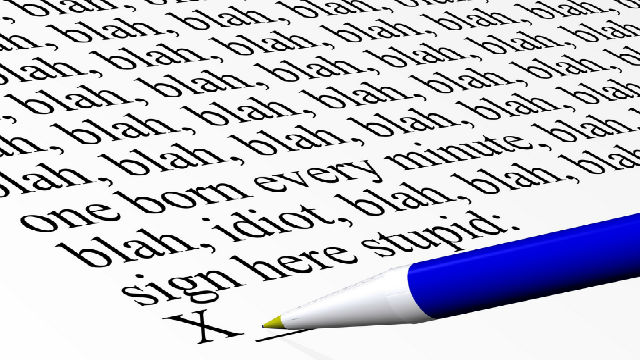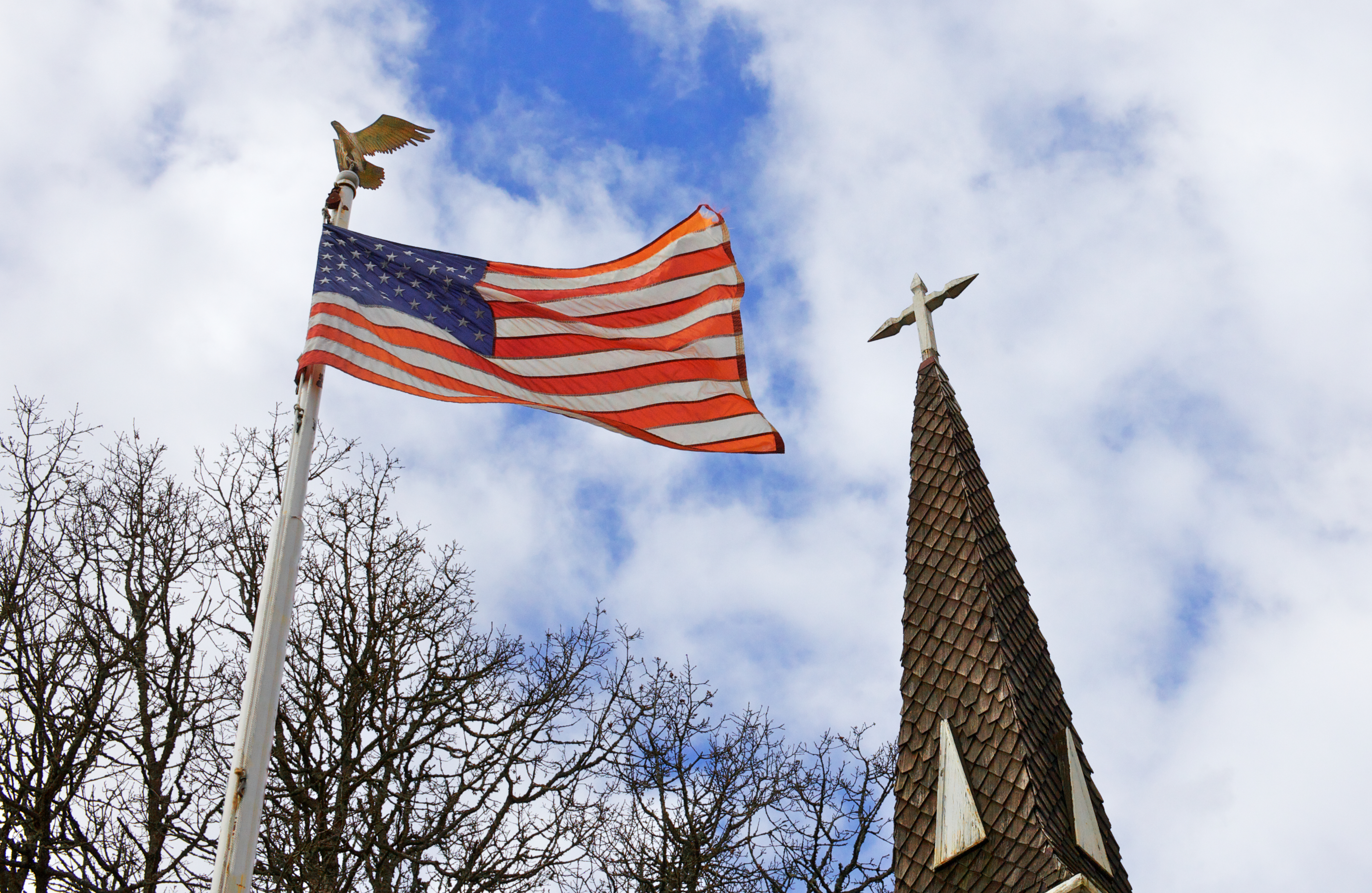Nicholas Clairmont
Editorial Contributor
Born and raised in New York City, Nick studies philosophy at Trinity College Dublin, specializing in Mathematical Logic and in the crossroads of free will, determinism, and personhood. His particular interests are: Logic, Philosophy, Motorsports, Kurt Vonnegut, Bertrand Russell, 20th Century American Literature, The Automotive Industry, and Debate.
Do Buddhism’s many facets as a movement mean that no criticism can ever be applied to it?
How humble is “His Holiness” The Dalai Lama really?
Does the sinister wordplay surrounding Buddhism in The West obscure the truth?
Yes, there is no religious peace.
Does Buddhist history reflect its peaceful image?
Introducing Buddhism, Blasphemy, and Blackmail
Listen to a recording of students’ excoriating an NSA recruiter.
The regenerative abilities of flatworms allow them to regrow their memories.
Under what circumstances would I agree to disagree?
Psychiatry’s bible is also its worst enemy.
The death of the man himself shows that the word “Kafkaesque” is not guilty of the vacuousness which it is sometimes accused of.
America is the most original country in history precisely because everything American is stolen.
I neglected the obvious answer to the question of why there exists a useless, contrived, poorly phrased cliche which does not meet good principles of reasoning and serves only to cloud issues.
What does this phrase even possibly mean?
Thomas Jefferson’s metaphor of “a wall between church and state” remains as sturdy and impenetrable as ever, even as it is dangerously ignored.
The biggest lesson from Popper’s philosophy is that skepticism is the ultimate open-mindedness.
Eric Blair (George Orwell’s real name) himself might not like the use of the damning, eponymous term “Orwellian”
What if Conservative ideology is more Kafka than Orwell? Are the people who say they fear an imminent dystopia actually just really annoyed?
What an odd and outdated national value the British have.
A little bit of philosophy can be a dangerous thing.
This week, The Supreme Court of The United States will hand down decisions on a number of major issues.
Here is what you need to know to stay up to date with the three biggest ones:
1) The court already ruled today on its Affirmative Action case, you can read the majority opinion here. A prospective student sued the University of Texas on the grounds that she had been denied admission in place of somebody who had allegedly been admitted based on racial factors. Supporters had hoped that a broad ruling might illegalize the practice of factoring race into admission across the board.
The takeaway from the ruling is not negligible but is not the sweeping change many people expected. By and large, the court kicked the decision back down to a lower court.
The other two each regard gay rights.
2) DOMA, The Defense of Marriage Act, which was signed into law by Bill Clinton in 1996, is under fire in the case of United States V. Windsor. The court did not offer a ruling, but one is expected soon, most likely Tuesday morning. The government is being sued on the grounds that married gay couples do not receive the same federal benefits as straight couples. You can read about the relationship to political policy here.
3) Proposition 8, the controversial California ballot issue, is also being challenged in the case of Hollingsworth V. Perry. While the legal matter is ostensibly a voting rights issue, this is being viewed as primarily an issue with same-sex marriage in America’s most populous state. Depending on which way it goes, and what the majority opinion dictates, this could have ramifications for the legality and the illegality of gay marriage in other states as well.
You can read more of our coverage on the development of this case here and here.
The people who think that it is a choice to be gay think that it is a bad choice. It isn’t.
It’s getting better. Just ask Dan Savage.
An “ex-gay” Ministry President shows us all how apology is done.
Sometimes what doesn’t kill us makes us weaker.
